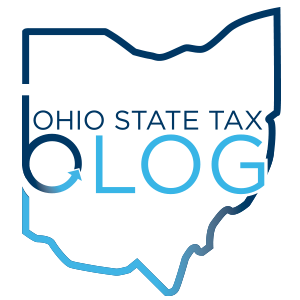Ohio Supreme Court Upholds CAT as Applied to Food Sellers
The Ohio Grocers Association sought a declaratory judgment that the Commercial Activity Tax (CAT) violated Ohio’s constitutional prohibition against excise taxes levied or collected upon the sale or purchase of food for off-site consumption. Commencing in 2005, Ohio’s tax landscape changed substantially by phasing out the personal property and corporate franchise taxes, while phasing in the CAT. Essentially, the CAT replaced these taxes by imposing a low rate/large base tax upon all businesses with Ohio gross receipts (with no tax being imposed upon businesses with less than $150,000 of gross receipts, and a flat $150 tax imposed on businesses with between $150,000 and $1 million of gross receipts).
The “measuring stick” for the CAT, as the Court phrased, includes as a factor, food sales, even though the Ohio Constitution prohibits an excise tax on the sale of food for off-premises consumption. However, the Court dismissed the contention that because certain factors are used to measure one’s tax base, that the tax is imposed upon sales of the subjects of those factors. Furthermore, as a tax on the privilege of doing business, the Court respected the legislature’s choice to value the privilege, in part, by sales of food. Giving it substantial deference, the Court concluded that the CAT was a permissible tax on the privilege of doing business, and that using food sales as one factor in valuing this privilege did not render the tax unconstitutional.
As evidenced by numerous associations urging the Court to uphold the CAT as applied to food sellers, this decision is good news for Ohio residents and businesses (other than food sellers). If held unconstitutional, millions of dollars of tax revenue collected since the CAT’s inception would be refunded. Additionally, the State, in a time where its budget is already tight, would need to find ways to fill the large gap of expected revenue from food sellers. This would likely have resulted in additional burdens upon Ohio residents and other business through tax rate increases and/or re-instituting the personal property or corporate franchise taxes. Instead, the burden imposed by the CAT, as intended, will continue to be borne by all businesses having Ohio gross receipts.
